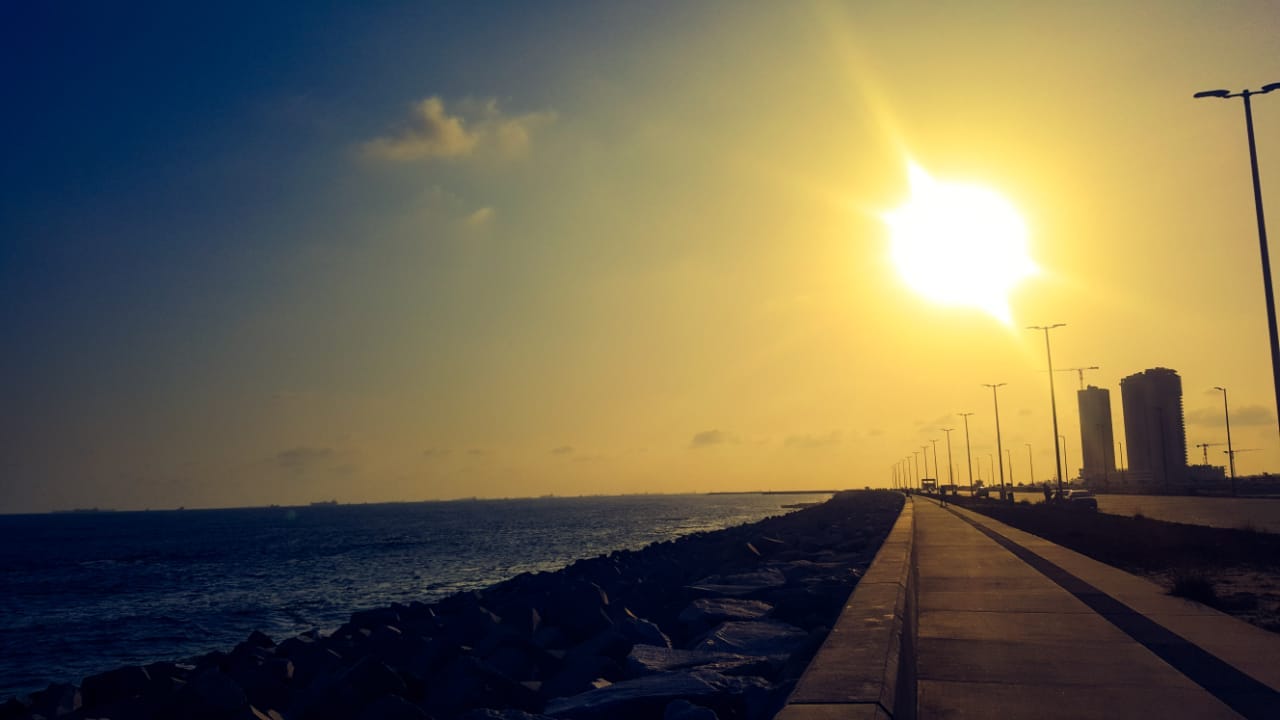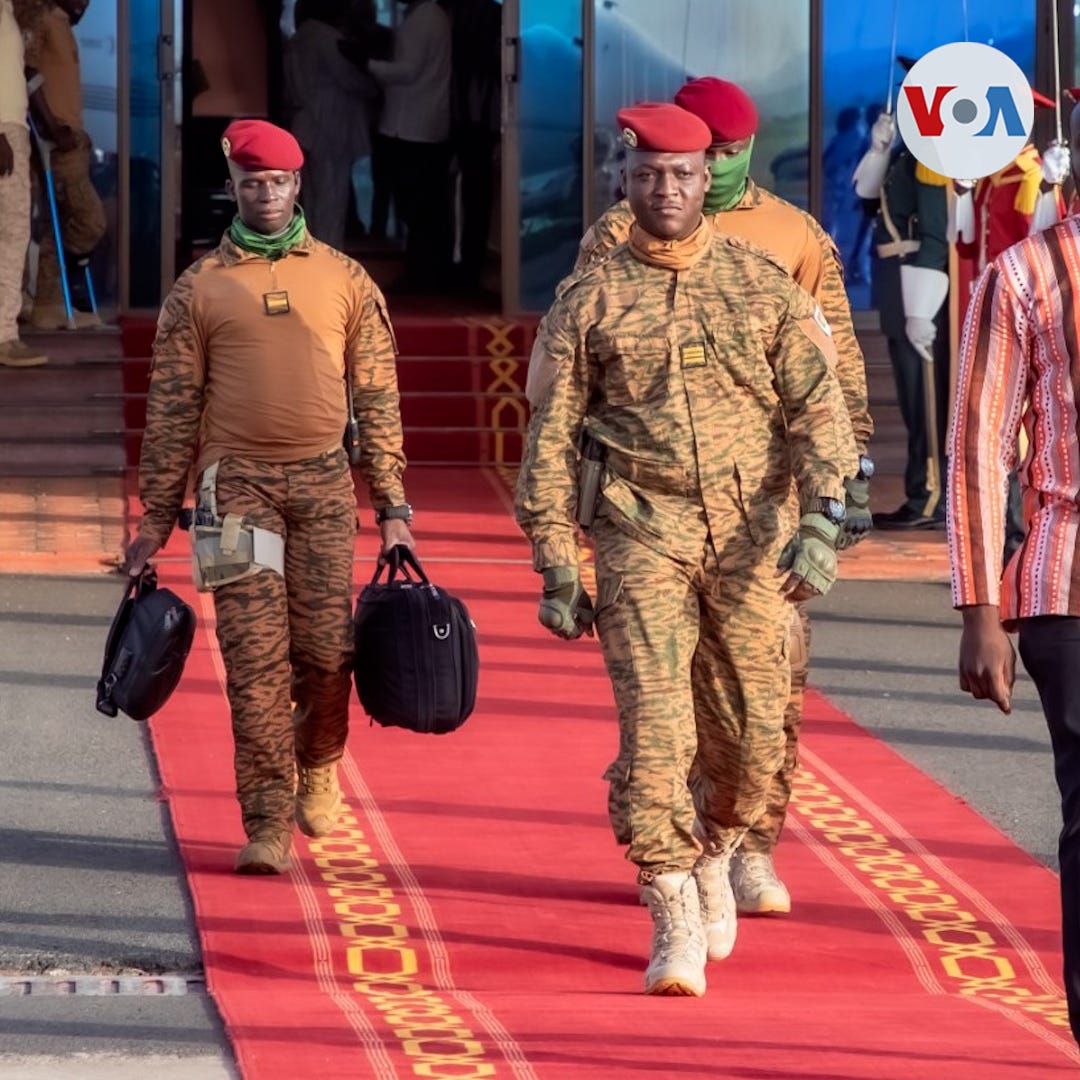Photo of the Day

Spotlight Stories
Apple Music's 100 Best Albums List: Where Are the Africans?
Brace yourselves, music lovers – Apple Music has just unveiled its list of the 100 best albums ever made, and it's about as diverse as a tech startup's boardroom. That's right, the list is dominated by American and British artists, with a grand total of one African album making the cut.
Cue the collective eye-roll from music fans across the continent.
So, which album managed to break through the Western bias? None other than Love Deluxe by Sade, a Nigerian-born, U.K.-raised vocalist. While we're thrilled to see Sade getting the recognition she deserves, it's hard not to wonder why other groundbreaking African artists were left out in the cold.
The Unsurprising Lack of Representation
If you're a fan of African music, the lack of representation on Apple Music's list probably doesn't come as a shock. These "best-ever" lists have a history of favouring Western artists, and as American critic Sheldon Pearce put it, "A ranked list rewards order and penalises disruption."
In other words, the most popular albums tend to stay popular, while lesser-known gems get overlooked.
To be fair, Rolling Stone's 2023 list of the best 500 albums fared slightly better in terms of African representation. Nigerian greats like Fela Kuti and Burna Boy made the cut, along with a King Sunny Ade greatest hits compilation and a South African compilation album. But still, four out of 500? That's like saying, "We see you, Africa, but only through a tiny peephole."
The Voting Process: A Mystery Wrapped in an Enigma
Apple Music hasn't exactly been forthcoming about its voting process, leaving us to wonder just how many experts were polled and how many albums they were asked to submit.
According to Ebro Darden, the global editorial head of hip-hop and R&B for Apple Music, voters were asked to objectively choose albums that represented cultural moments, were timeless, and transcended genre categorization. Apparently, those criteria didn't apply to African artists.
We could easily make a case for countless African albums that deserve recognition, but we’d like to hear from you – which ones do you think should have made the list?
Nigeria's Highway to Controversy: A $13 Billion Road Trip with a Presidential Twist
If you thought road trips were all about sing-alongs and scenic views, think again. Nigeria's federal cabinet has just approved the second section of a $13 billion highway that's causing quite a bit of drama.
The 700-kilometre Atlantic coastal road, linking Lagos to Calabar, has been awarded to Hitech Construction Company Ltd., a business owned by tycoon Gilbert Chagoury, who just happens to be a "confidante" of President Bola Tinubu.
Coincidence?
The highway project has been mired in controversy since day one, with the government holding more public meetings, press conferences, and speeches than during campaign season. Surrogates have been sent to defend the project on television, but it seems that no amount of PR can pave over the cracks in this road's foundation.
To make way for the highway, authorities have demolished dozens of buildings, including sections of the popular Landmark beach complex in Victoria Island, Lagos. This has led to protests from businesses and residents in the area.
The Chagoury Connection
At the centre of this controversy is Gilbert Chagoury, a 78-year-old tycoon who has been a fixture of Nigerian politics and business for decades.
With a rap sheet that includes a conviction for laundering money for a notorious dictator and admitting to illegal campaign contributions in the US, Chagoury is no stranger to controversy.
His company, Hitech, has built some impressive projects, like luxury housing estates and highways, but critics are questioning whether they have the chops for a project of this scale.
To add fuel to the fire, the bidding process for the contract wasn't conducted publicly. Civil society groups and opposition politicians are crying foul, but the works minister has defended the "restrictive bidding" round, without elaborating on what other companies were involved or why it wasn't made public.
Burkina Faso's Military Junta Says "Five More Years."
Burkina Faso's military government has announced that it will be extending its rule for another five years.
The news was delivered by none other than Capt Ibrahim Traoré, the country's ruler who seized power in a coup nearly two years ago. At the time, he promised to restore civilian government by July 1st of this year, but it seems that plan has gone out the window.
Joining the Club
Burkina Faso isn't the only country in the region to extend military rule. Its neighbour, Mali, has also decided that democracy is not for now, and that the army should be in charge for the foreseeable future.
The announcement came after a national consultation meeting in the capital city of Ouagadougou, where an amended charter was signed by Capt Traoré himself. The new 60-month transition period will start on July 2nd, but there's a catch – if the security situation improves, elections could be held earlier…
When Capt Traoré took power, he said he would improve the country's security situation within "two to three months" and restore civilian rule within 21 months. But since then, he's backtracked on those promises, saying that elections aren't a "priority" until territory is recaptured from jihadist forces.
Food for Thought
“He who burns down his house knows why ashes cost a fortune."







